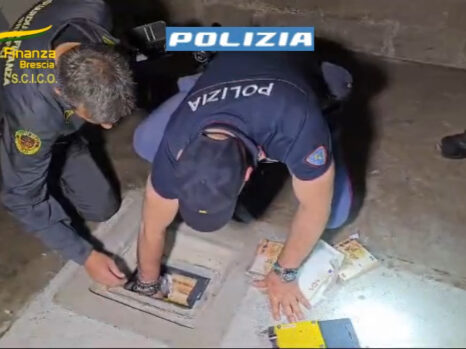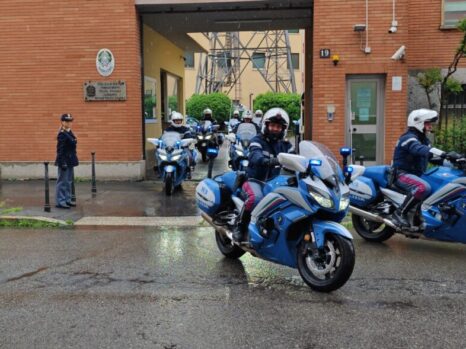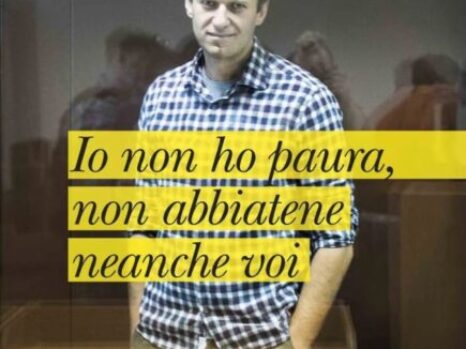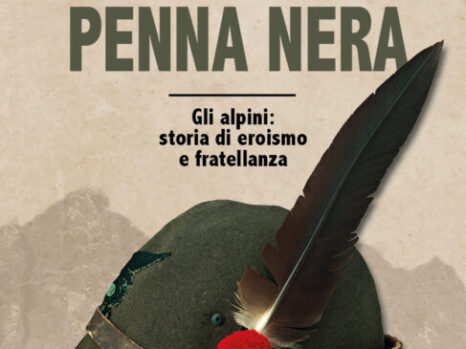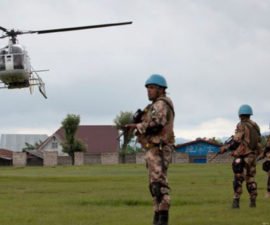BRUSSELS. Today, after the meeting of NATO Defence Ministers, the Secretary General of the Alliance, Jens Stoltenberg, gave a breif speech on the main international issues, focusing, in particular, on the Ukranian conflict and the main challenges facing the West and its allies.

Jens Stoltenberg, NATO Secretary General
Here you can read its speech:
Good afternoon.
We have just finished a meeting of NATO Defence Ministers to prepare for the Vilnius Summit in July.
We met in the NATO-Ukraine Commission with Defence Minister Reznikov, and EU High Representative Borrell.
Ukrainian forces have stepped up operations along the front line. And are making steady progress. But they face tough terrain, dug-in Russian troops, and fierce fighting.
As Russia’s war of aggression continues, it remains crucial that we increase our support. So I welcome the new announcements on providing weapons and training to Ukraine, including the initiative led by the Netherlands and Denmark to start training Ukrainian pilots on F16 fighter jets this summer, and, together with the United Kingdom and the United States, to deliver hundreds of short and medium-range air defence missiles.
Allies have also pledged increased support through NATO’s Comprehensive Assistance Package. With contributions and commitments amounting to 500 million euros so far.
We are working on a multi-year package with substantial funding. To help rebuild the Ukrainian security and defence sector,
and transition Ukraine towards full interoperability with NATO.
So it can deter any future Russian aggression once this war ends. And bring Ukraine closer to NATO in practical terms.
We are also working to establish a new NATO-Ukraine Council. Where Ukraine will be equal to NATO Allies. And consult and decide on security issues of mutual concern.
Our ambition is to have the first meeting of the new Council in Vilnius, with President Zelenskyy.
We all agree that Ukraine has already moved closer to NATO over the past decade. We agree that NATO’s door is open, that Ukraine will become a member of the Alliance, and that it is a decision for Allies and Ukraine to make, Russia does not have a veto.
We do not know when this war ends. But when it does, we need to put in place a framework that ensures Ukraine’s future security. And make sure that history does not repeat itself.
At the Vilnius Summit, we will also take steps to further strengthen our own deterrence and defence. And complete the fundamental transition we started after Russia’s occupation of Crimea in 2014.
Today, ministers reviewed our new regional plans. For the first time since the Cold War, we are fully connecting the planning for our collective defence with the planning for our forces, capabilities, and command and control. As well as an enhanced exercise programme for our troops.
As a result, NATO will have over 300,000 troops on high readiness. Backed by substantial air and maritime capabilities.
To defend every inch of Allied territory against any threat.
We also agreed a new rotational model for air and missile defence. It will ensure that resources are used in the most effective way. And that we can transition smoothly from air policing to air defence.
In our meeting, we addressed the need to ramp up production. Ministers reviewed the NATO Defence Production Action Plan.
With concrete measures to aggregate demand, boost capacity, and increase interoperability and interchangeability.
We have a great tool to organise multinational procurement with our Support and Procurement Agency – the NSPA.
Currently, a range of equipment procurements are ongoing, including 1 billion dollars’ worth of 155 millimetre ammunition.
Today, ministers agreed substantially increased capability targets for battle-decisive ammunition.
As well as a major boost to our work on standards. So that more ammunition is interchangeable. That is an important lesson from the war in Ukraine.
All these steps need to be underpinned by adequate resources. Investing in our deterrence and defence is more important than ever. Because we need to keep our people safe in a more dangerous world.
I expect NATO Allies to make a more ambitious commitment to defence investment in Vilnius. With 2% of GDP for defence as a floor, not a ceiling.
NATO’s Nuclear Planning Group also met to discuss the nuclear aspects of the current security environment and the ongoing adaptation of NATO’s nuclear deterrence.
Russia has continued its reckless nuclear rhetoric as part of its war against Ukraine. It has suspended the implementation of the New START treaty. And has announced its intention to deploy nuclear weapons in Belarus.
Iran and North Korea continue their nuclear and missile development programmes. And I condemn North Korea’s missile launches yesterday, in clear violation of multiple United Nations Security Council resolutions.
At the same time, China pursues its rapid and opaque nuclear expansion.
These challenges are of great concern to NATO. And we continue to adapt our nuclear deterrence to the changing security environment.
© RIPRODUZIONE RISERVATA


